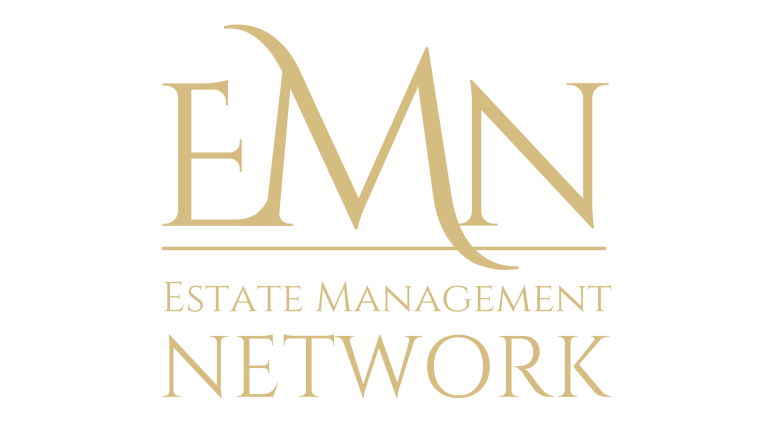Each time our principals host a party, they’re exposed to certain liabilities ranging from accidental injury to the responsibilities of an open bar and privacy concerns. At what point do you need to cover your events with a waiver of liability?
This content is for members only.
Join Now
Join Now
Already a member? Log in here










